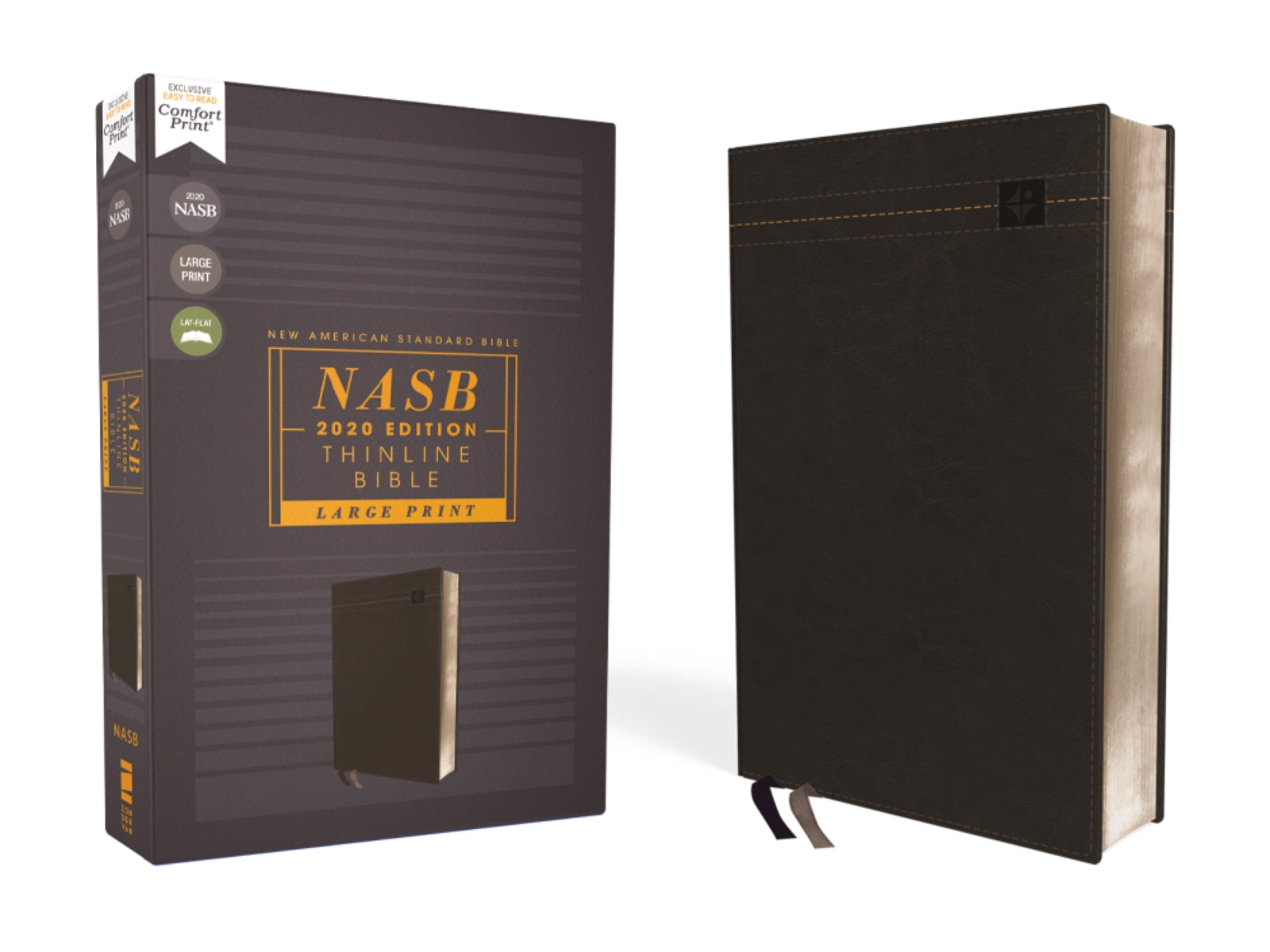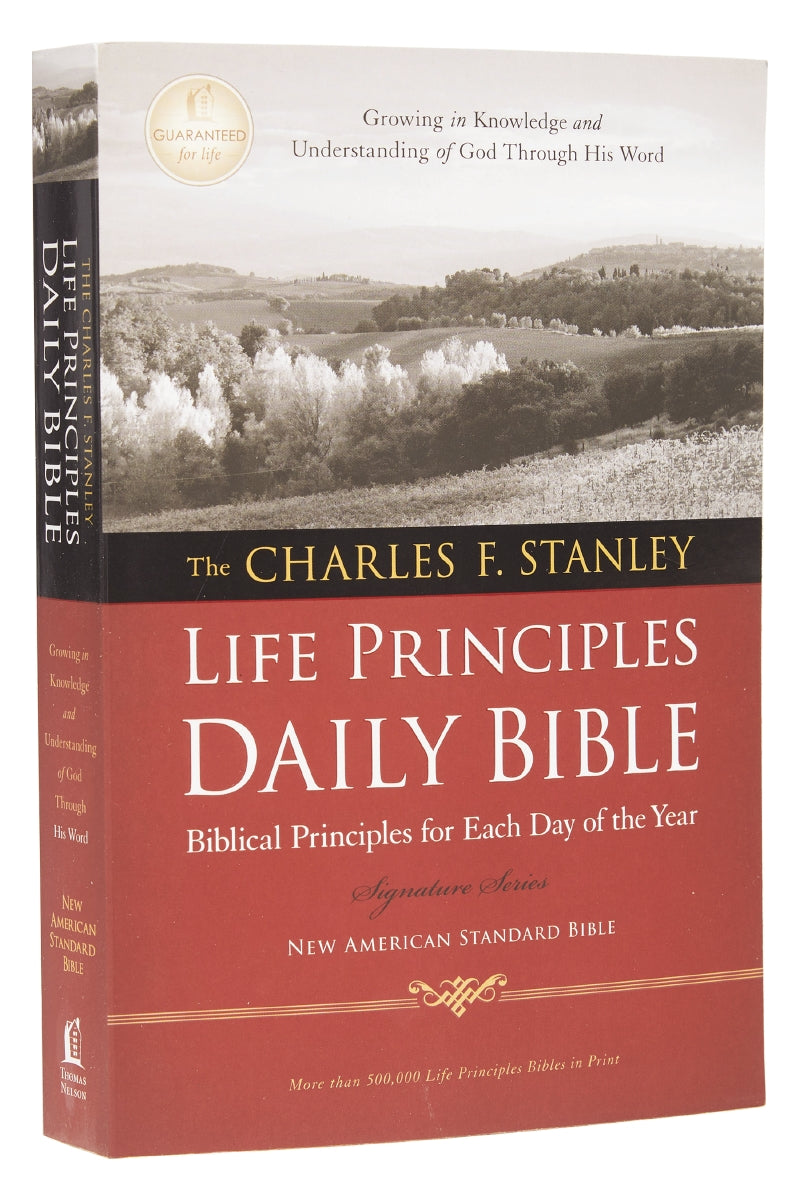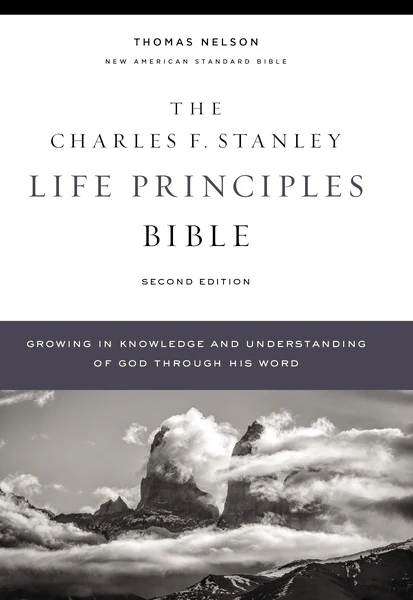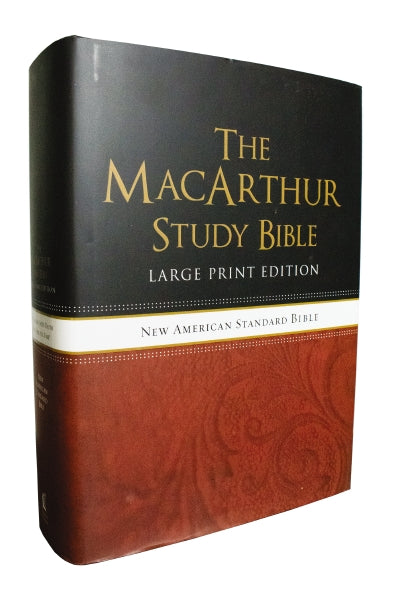Exodus 1:15-2:10
New American Standard Bible
15 Then the king of Egypt spoke to the Hebrew midwives, one of whom [a]was named Shiphrah, and the other [b]was named Puah; 16 and he said, “When you are helping the Hebrew women to give birth and see them upon the birthstool, (A)if it is a son, then you shall put him to death; but if it is a daughter, then she shall live.” 17 But the midwives [c](B)feared God, and (C)did not do as the king of Egypt had [d]commanded them, but let the boys live. 18 So the king of Egypt called for the midwives and said to them, “Why have you done this thing, and let the boys live?” 19 The midwives said to Pharaoh, “Because the Hebrew women are not like the Egyptian women; for they are vigorous and give birth before the midwife [e]can get to them.” 20 So (D)God was good to the midwives, and (E)the people multiplied, and became very [f]mighty. 21 And because the midwives [g](F)feared God, He [h](G)established [i]households for them. 22 Then Pharaoh commanded all his people, saying, “(H)Every son who is born, [j]you are to throw into (I)the Nile, but every daughter, you are to keep alive.”
The Birth of Moses
2 Now a man from (J)the house of Levi went and [k]married a daughter of Levi. 2 And the woman conceived and gave birth to a son; and when she saw [l]that he was [m](K)beautiful, she hid him for three months. 3 But when she could no longer hide him, she got him a (L)papyrus [n]basket and covered it with tar and pitch. Then she put the child in it and set it among the (M)reeds by the bank of the Nile. 4 (N)And his sister stood at a distance to [o]find out what would [p]happen to him.
5 Now the daughter of Pharaoh came down (O)to bathe at the Nile, with her female attendants walking alongside the Nile; and she saw the [q]basket among the reeds and sent her slave woman, and she brought it to her. 6 When she opened it, she [r]saw the child, and behold, the boy was crying. And she had pity on him and said, “This is one of the Hebrews’ children.” 7 Then his sister said to Pharaoh’s daughter, “Shall I go and call a woman for you who is nursing from the Hebrew women, so that she may nurse the child for you?” 8 Pharaoh’s daughter said to her, “Go ahead.” So the girl went and called the child’s mother. 9 Then Pharaoh’s daughter said to her, “Take this child away and nurse him for me, and I will give you your wages.” So the woman took the child and nursed him. 10 And the child grew, and she brought him to Pharaoh’s daughter and (P)he became her son. And she named him [s]Moses, and said, “Because I drew him out of the water.”
Footnotes
- Exodus 1:15 Lit the name was
- Exodus 1:15 Lit the name was
- Exodus 1:17 Or revered
- Exodus 1:17 Lit spoken to
- Exodus 1:19 Lit comes to
- Exodus 1:20 Or numerous
- Exodus 1:21 Or revered
- Exodus 1:21 Lit made
- Exodus 1:21 Or families
- Exodus 1:22 Some ancient versions insert to the Hebrews
- Exodus 2:1 Lit took
- Exodus 2:2 Lit him that
- Exodus 2:2 Lit good
- Exodus 2:3 Or chest
- Exodus 2:4 Lit know
- Exodus 2:4 Lit be done
- Exodus 2:5 Or chest
- Exodus 2:6 Heb saw it, the child
- Exodus 2:10 Heb Mosheh, from a verb meaning to draw out
New American Standard Bible®, Copyright © 1960, 1971, 1977, 1995, 2020 by The Lockman Foundation. All rights reserved.
Bible Gateway Recommends






